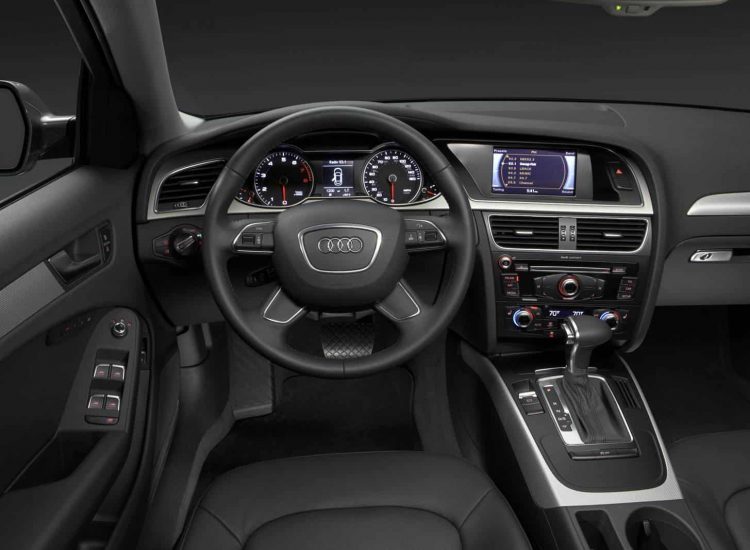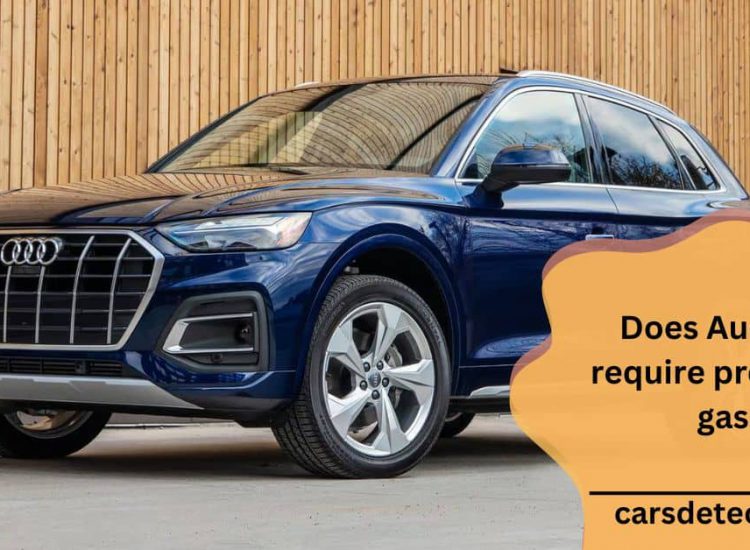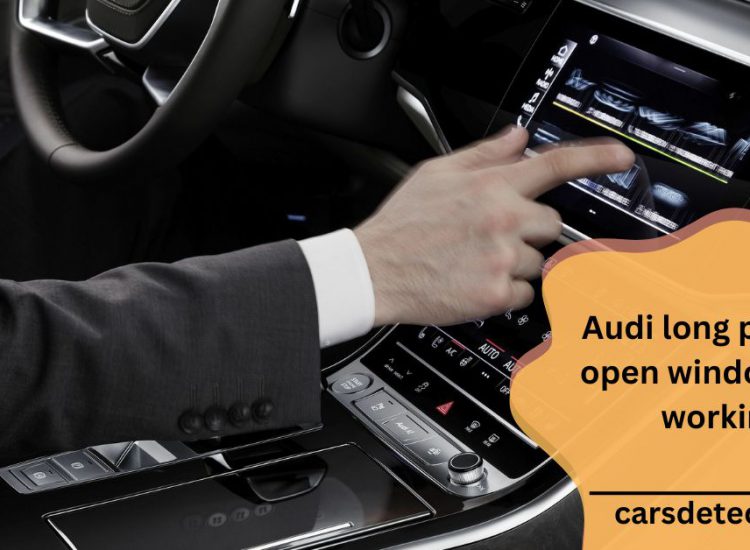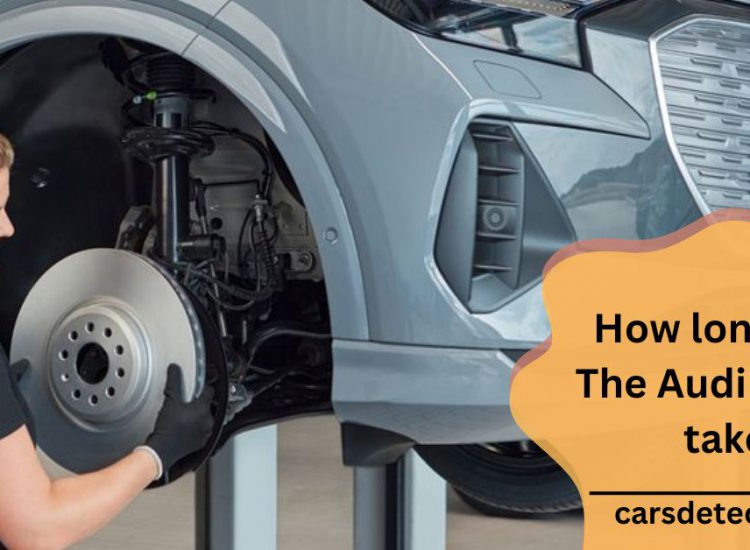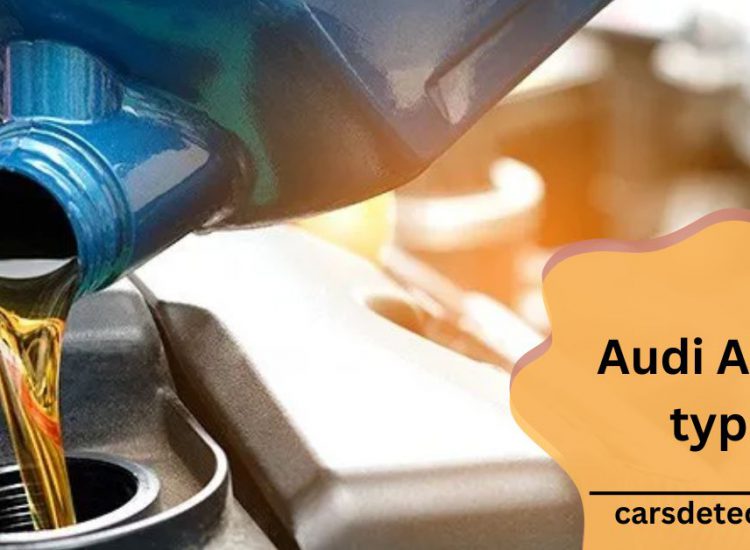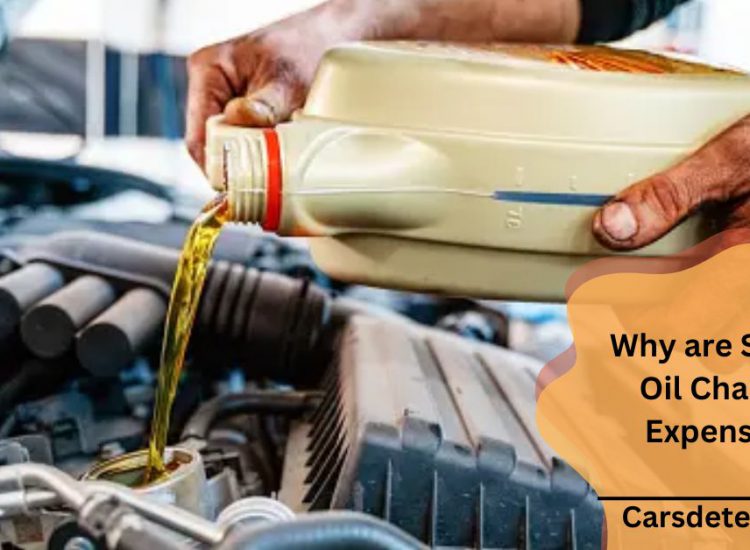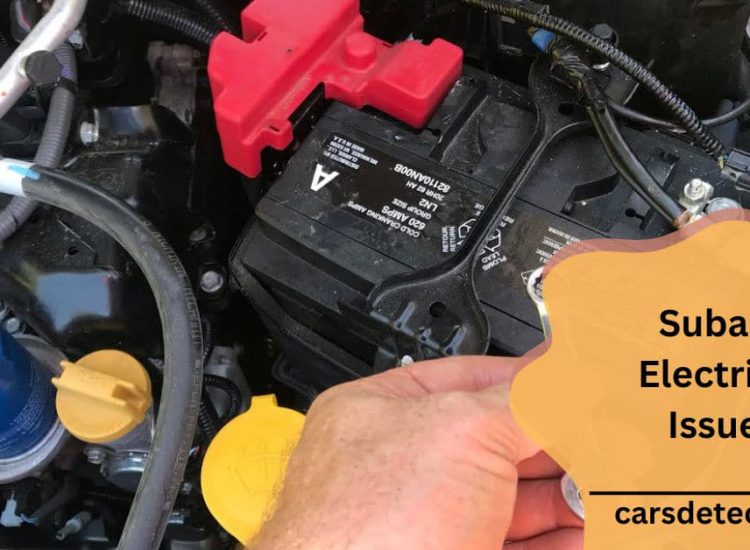Luxury cars, like Audis, typically lose value faster than regular cars due to higher costs and frequent new models. They’re less in demand for everyday use, making resale values lower. However, this is only sometimes the case.
Toc
- 1. Understanding Vehicle Depreciation
- 2. Is Audis Still Worth Buying?
- 3. Market Trends for Audi Used Cars
- 4. Factors Affecting Audi’s Depreciation
- 5. Which Audi Vehicles Sell for the Most and Least Money?
- 6. Comparison with Other Luxury Brands
- 7. Related articles:
- 8. Buying vs. Leasing Audis
- 9. Strategies to Optimize Audi’s Resale Value
- 10. Cons of Owning an Audi
- 11. Is Owning an Audi That Expensive?
- 12. Frequently Asked Questions:
- 12.1. Which Audi models have the best resale value?
- 12.2. Why do some Audi models depreciate faster than others?
- 12.3. Does the warranty affect Audi’s resale value?
- 12.4. Are there any Audi models that are known for poor resale value?
- 12.5. How does the colour of an Audi affect its resale value?
- 12.6. How do recalls impact the resale value of an Audi?
- 12.7. Is selling my Audi privately better than trading it in?
- 12.8. How do economic factors influence the resale value of an Audi?
- 12.9. Does the geographical location affect the resale value of an Audi?
- 12.10. Are Audis with manual transmissions worth more?
- 13. Conclusion:
Audis generally hold their value well compared to other luxury brands, especially in the first few years, but they still depreciate faster than regular cars.
If you’re eyeing an Audi, let’s explore its resale value, depreciation, and ways to optimize it. To learn more about Audi, begin your informational journey with Carsdetective.
Understanding Vehicle Depreciation
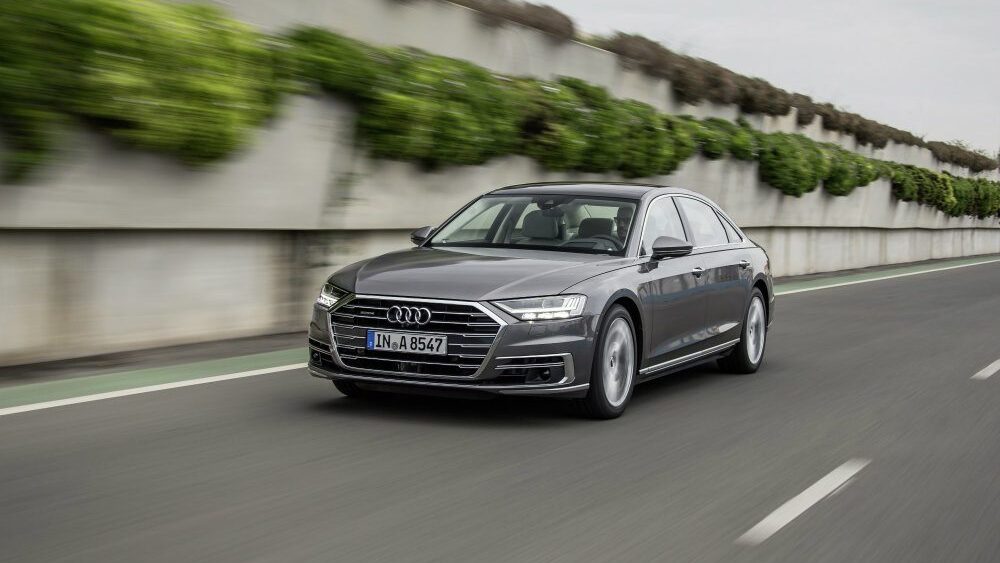
What is Vehicle Depreciation?
Vehicle depreciation refers to the loss in value of a car over time. The moment you drive a new car off the lot, it depreciates. This decrease in value continues as the car ages and accumulates mileage.
Factors Affecting Depreciation:
Several factors influence a car’s depreciation rate, including brand reputation, model popularity, build quality, technological features, maintenance history, and market demand. Understanding these factors can help you make a well-informed decision when buying a vehicle.
Is Audis Still Worth Buying?
Yes, Audis are still worth buying. They offer excellent build quality, advanced technology, and strong market demand, which help them retain value better than many other luxury brands. However, be prepared for relatively fast depreciation compared to regular cars.
Read Also: How Long Do Audi A6s Last? – The Details of Car Lifespan!
Market Trends for Audi Used Cars
Resale Value Premium:
Audi cars currently average $35,458 in the used car market, surpassing the expected $30,034, indicating an additional value of $5,424. This demonstrates Audi’s ability to retain value better than initially projected.
Short-term and Medium-term Price Stability:
Audi vehicles have shown remarkable stability, with a 0% change in their 30-day price trend. This stability assures buyers and sellers of predictable short-term value assessments. Over 90 days, Audi’s value has increased by 2%, underscoring its reputation as a reliable investment due to its quality, luxury, and performance.
Peak Price Fluctuations:
Despite a peak price of $40,318 on March 1, 2022, Audi’s prices have since dropped by $4,860. Such fluctuations are typical in the car market, influenced by factors like new model releases and economic conditions.
The Big Picture:
Audi’s sustained resale value offers insights into broader car market trends, highlighting strong consumer interest in high-quality, reliable luxury vehicles.
Read Also: Does Audi q5 require premium gas? – Get the facts about premium gas!
Factors Affecting Audi’s Depreciation
High Leasing Rates:
Audis are frequently leased as a luxury brand, which means many used Audis enter the market once the lease terms end. This increased supply and relatively low demand for luxury cars contribute to declining resale prices.
Initial Price:
The high initial cost of Audi vehicles leads to a sharper decline in absolute value over time compared to less expensive cars.
Maintenance Costs:
Audis have higher maintenance costs for parts and services, which can discourage potential second-hand buyers, reducing demand and lowering resale prices.
Market Saturation:
The high volume of leases and fleet sales can saturate the market with used Audi models, further driving down prices due to an oversupply.
Perception of Reliability:
Any perception of high out-of-warranty costs can negatively impact Audi’s resale value, as buyers might be wary of potentially expensive repairs.
Technological Advancements:
Rapid technological advancements can quickly make older Audi models seem outdated, leading to faster depreciation as buyers seek newer features.
Consumer Preferences:
Shifting consumer preferences, such as a growing trend towards more sustainable and eco-friendly options, can reduce the demand for older luxury vehicles, further accelerating their depreciation.
Read Also: Audi long press to open windows not working – A Deep Dive!
Which Audi Vehicles Sell for the Most and Least Money?
iSeeCars provides an insightful breakdown of Audi models with the best and worst resale values. If you’re aiming to maximise your Audi’s resale value, consider the following vehicles:
Best Audi Models for Resale Value:
- Audi TT (Coupe): The Audi TT leads the list. After five years, it has retained 59.1% of its value, making it the top performer among Audi cars in resale value.
- Audi TTS: Close behind, the Audi TTS holds onto 58.2% of its resale value over five years.
- Audi RS 5: In third place, the Audi RS 5 maintains 57.5% of its value after five years.
Worst Audi Models for Resale Value:
- Audi A6: With a five-year resale value of just 41.8%, the A6 is one of the poorest performers in value retention among Audi’s lineup.
- Audi e-tron: The Audi e-tron fares even worse, retaining only 36.7% of its value after five years.
- Audi Q4 e-tron: The worst in this category, the Q4 e-tron holds just 32.2% of its value after five years, making it a less desirable option if resale value is a priority.
Comparison with Other Luxury Brands
BMW:
BMW is one of Audi’s main competitors in the luxury car market. While both brands offer high-quality vehicles, BMWs depreciate slightly faster than Audis, particularly in the sedan segment.
Mercedes-Benz:
Mercedes-Benz is another critical competitor. Similar to Audi, Mercedes-Benz vehicles are known for their luxury and performance. However, specific Mercedes models may depreciate faster than their Audi counterparts.
Lexus:
Lexus, the luxury division of Toyota, is renowned for its reliability and substantial resale value. While Lexus vehicles often hold their value better than European luxury cars, Audis still perform well.
Read Also: Audi A4 1.8t Now Also With 190 bhp – Comprehensive Visual Guide!
Buying vs. Leasing Audis
- Pros and Cons of Buying:
Buying an Audi offers the advantage of ownership and the potential for higher resale value. However, it also involves higher upfront costs and the responsibility of long-term maintenance.
- Pros and Cons of Leasing:
Leasing an Audi can be a more affordable option with lower monthly payments and the opportunity to drive a new car every few years. Leased vehicles may depreciate faster and come with mileage restrictions.
Strategies to Optimize Audi’s Resale Value
Regular Maintenance and Service History:
Maintaining an up-to-date service record and promptly addressing mechanical issues can significantly enhance Audi’s resale value. Buyers prioritise well-maintained vehicles with documented service histories, reflecting the owner’s commitment to preserving the car’s condition.
Timing of Sale:
Understanding seasonal trends and market fluctuations is crucial for maximising resale value. Selling an Audi during periods of high demand or before new model releases can yield higher returns, while selling during economic downturns may require strategic pricing adjustments.
Enhanced Market Visibility:
Utilising reputable online platforms and leveraging professional networks can increase exposure and attract potential buyers willing to pay a premium for a well-maintained Audi.
Read Also: Audi Q7 years to Avoid – Stay informed and make the right choice!
Cons of Owning an Audi
Common Repairs and Issues
- Ignition Coil Failure: Often signalled by the “Check Engine Light.”
- Clogged Plenum Tray Drains: Can cause drainage issues.
- Electrical Problems: Various electrical issues can arise.
- Fuel Pump Replacement: Known to require replacement.
- Valve Cover Gasket Replacement: An everyday repair necessity.
- Catalytic Converter Replacement: Often needs replacement.
- Water Pump Failure: Susceptible to failure.
- Exhaust Gas Recirculation: Issues with the EGR system.
Is Owning an Audi That Expensive?
Audi maintenance and repair costs total $987 annually, over twice the industry average. J.D. Power and RepairPal have given Audi low-reliability ratings, making regular maintenance crucial. Consequently, an extended warranty is often necessary for added peace of mind.
Frequently Asked Questions:
Which Audi models have the best resale value?
The Audi TT, Audi TTS, and Audi RS 5 are among the best models for resale value, retaining around 57-59% of their value after five years.
Why do some Audi models depreciate faster than others?
Models like the Audi A6, Audi e-tron, and Audi Q4 e-tron have lower resale values due to higher maintenance costs, market saturation, and perceptions of reliability.
Does the warranty affect Audi’s resale value?
Yes, having an extended warranty can positively impact the resale value of an Audi. It assures potential buyers of the vehicle’s reliability and reduces concerns about future repair costs.
Are there any Audi models that are known for poor resale value?
Yes, models like the Audi A6, Audi e-tron, and Audi Q4 e-tron have been noted for their poor resale value, retaining less than 42% of their value after five years.
How does the colour of an Audi affect its resale value?
Specific colours, like silver, black, and white, tend to be more popular and may help maintain Audi’s resale value better than less common colours.
How do recalls impact the resale value of an Audi?
Recalls can negatively affect resale value, especially if the recall issues are significant and not addressed. Ensuring all recall-related repairs are completed can help maintain value.
Is selling my Audi privately better than trading it in?
Selling privately can often yield a higher resale value than trading in, but it may take more time and effort. Trading in is more convenient but usually offers a lower return.
How do economic factors influence the resale value of an Audi?
Economic downturns can negatively impact resale values as buyers may be less willing to pay premium prices for luxury vehicles. Conversely, a strong economy can bolster resale values.
Does the geographical location affect the resale value of an Audi?
Yes, resale values can vary by region. For example, Audi may hold their value better in areas with higher demand for luxury vehicles or harsher climates, highlighting Audi’s performance features.
Are Audis with manual transmissions worth more?
Manual transmissions are less standard and desirable to specific buyers, potentially enhancing resale value. However, the overall market preference leans towards automatic transmissions.
Conclusion:
Audi vehicles, subject to faster depreciation than regular cars, offer excellent build quality, advanced technology, and strong market demand. Understanding the factors influencing depreciation can help optimise their resale value.

